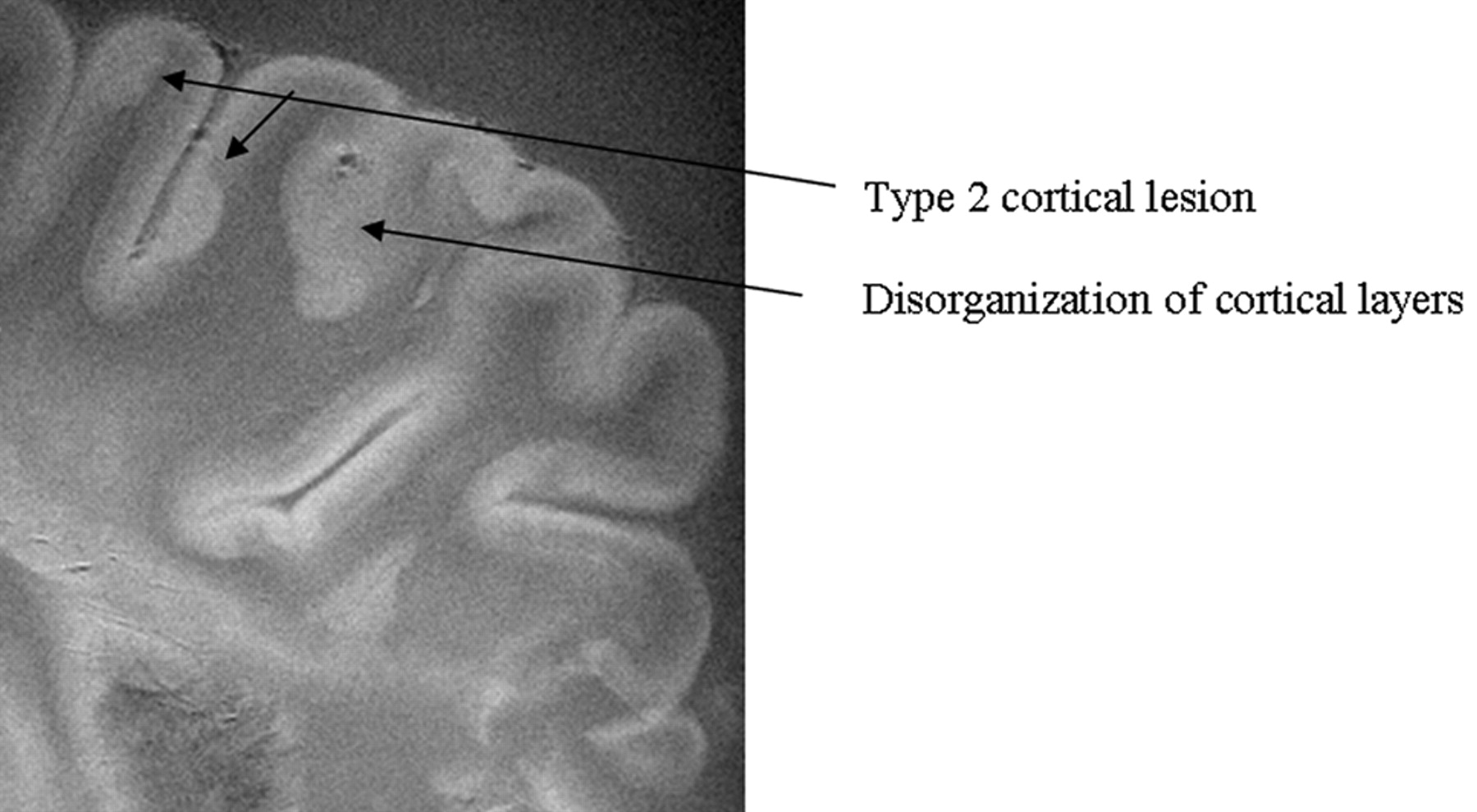
I just read an article about the inimitable Terry Jones of Monty Python fame and how he has developed frontal lobe dementia. The symptoms sounded familiar - loss of impulse control, depression, aphasia or dislike of talking,
"Unlike Alzheimer’s, there is no loss of reasoning or orientation. However, planning, decision making and speech are affected, and patients often seem less caring or concerned about their family and friends." https://www.theguardian.com/society/2017/apr/16/monty-python-terry-jones-learning-to-live-with-dementia
Hmm. I thought. I know I have some frontal lobe lesions. I wonder if there's a link between MS and frontal lobe dementia?
Turns out there is, and not only that but they are suggesting some of the people who appear with just depression or dementia may in fact also have MS. Often there's a long course of depression before the diagnosis of MS is made, but then we all know about how long it takes to be diagnosed unless you become paralyzed or blind suddenly...In any case, it's important to know about this as these people's dementia may be slowed with MS treatments.Here's one of the articles I found:
Cognitive presentation of Multiple Sclerosis: Evidence for a Cortical Variant
In this study, an argument is made for the cortical variant of MS, one that wouldn't be detected by the old EDSS score, one that shows up purely cognitively until quite a ways down the MS trail and sometimes doesn't show physical effects even then. Cortical MS is difficult to find on MRI as the cortex isn't as springy in the MRI and lesions are harder to spot. Hmm. Mine showed up. How big are they anyway? Eeks.
"Although once considered uncommon or late features, cognitive and neuropsychiatric symptoms are now well recognised as early manifestations of multiple sclerosis.1–5 Estimates vary but Lyon-Caen and colleagues reported that 85% of patients with clinically definite multiple sclerosis of less than two years' duration, and 66% of those with only optic neuritis, showed some form of cognitive impairment.6 Similarly, Swingler and Compston7 reported a prevalence of 40% for neuropsychiatric symptoms and signs in 301 patients with established multiple sclerosis during routine clinical interview. Others have since confirmed this observation and reported that the prevalence of symptoms such as memory deficit or depression and focal cortical syndromes was as high as 60%.3–5 "
So, ho ho, I think. Perhaps it's a good thing I keep saving for that home. I may not need it for motoring around, but I may need it for dementia.
My friend and I were joking about how we can't remember things from one computer screen to another - we see something on one window we want to bring to another and then we forget entirely what it was in the millisecond it takes to change pages.
I started this blog entry from wanting to work on my book; opened my email, saw the entry about Terry Jones, went hunting through research, wrote this and here it is some hours later and no work done on my book.
It is most frustrating. And most annoying, I opened my computer first of all for something that I still can't remember!
At a recent writer's retreat, one of the faculty told us she keeps a blank pad of paper beside her computer and jots down everything she wants to remember. I've gotta start doing that.
Meanwhile, I simply tell people an adaptation of Spike Milligan's poem, There are Holes in the Sky:
There are holes in my brain
Where the thoughts flow out
If I seem confused
It's cos they're all about...


No comments:
Post a Comment